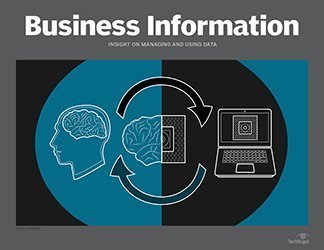PRO+ Premium Content/Business Information
Access your Pro+ Content below.
Cognitive computing in healthcare mends doctor-patient gaps

This article is part of the Business Information issue of February 2018, Vol. 6 No. 1
I'm a fan of cognitive computing. My affection for analytics, artificial intelligence and big data is perpetually on display. But cognitive computing -- the mashup of the way the human brain and computers work, plus large dollops of analytics and AI -- is swiftly building a bridge between humans and machines. My enthusiasm is largely attached to cognitive computing in healthcare in my own field -- healthcare analytics -- where the sheer pace of new knowledge has made analytics and AI-driven methodologies not only a novelty, but also a mission-critical necessity. Specialization hurts patient relationships I like to keep up with how cognitive computing is doing in the marketplace and came across a TedMedLive Talk by Basit Chaudhry, an MD specializing in the design of clinical service delivery systems for chronic disease care. His talk is a little dated, 2013, but what he had to say then applies very much to the state of today's healthcare industry. "It's not possible [anymore] to try to keep up with everything that's going on, ......
Features in this issue
-
Big data throws bias in machine learning data sets
AI holds massive potential for good, but it also amplifies negative outcomes if data scientists don't recognize data biases and correct them in machine learning data sets.
-
AI functionality limited today but could be a game-changer
Limited AI capabilities could soon give way to technology that is truly transformative for enterprises, surpassing the overhyped functionality that we see today.
Columns in this issue
-
AI technologies have come far, but the road is long
Machine learning and other artificial intelligence technologies are poised to offer businesses big benefits, but companies have to walk before they run with AI.
-
Cognitive computing in healthcare mends doctor-patient gaps
Cognitive computing and healthcare data aggregation may prove to be important bedside companions to doctors treating their patients in the era of medical specialization.
